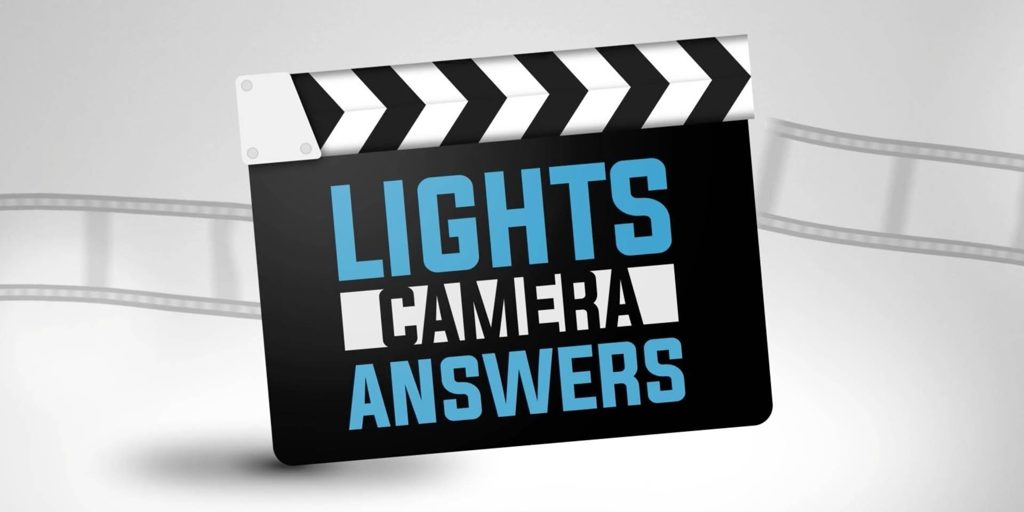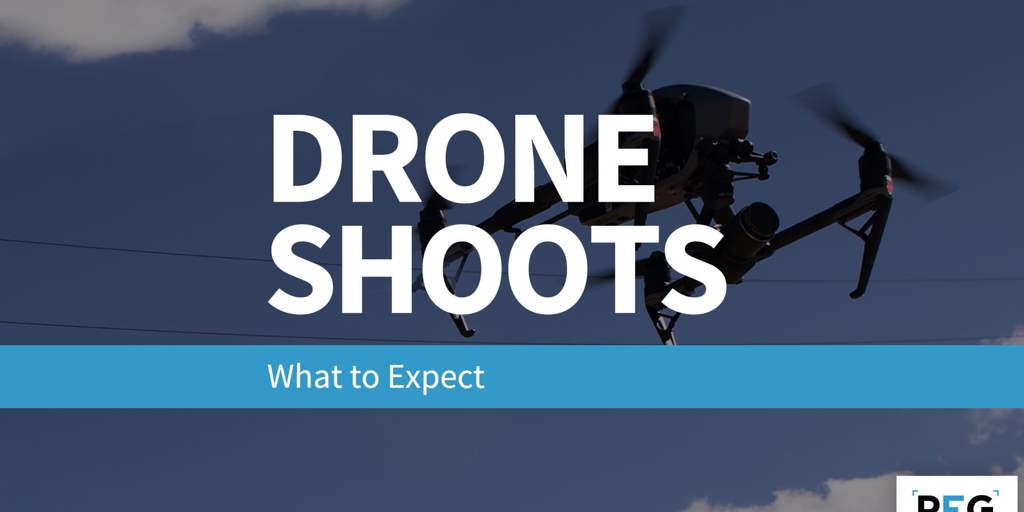Voiceover Sessions: What To Expect
Whether you work in the industry or not, nearly anyone is familiar with the storytelling device of the voiceover. While you hear them constantly in web, TV and radio content, most people don’t think about the intensive process. It takes a lot of effort to searching for, review and select the perfect VO artist with the exact right tone, inflection and demographics. Now, let’s say you’re one of our clients, and that legwork has already been done. We have the talent selected, terms settled and you’re getting ready to be on your first VO recording session. What should you expect?
Getting Connected
You might actually go to the studio and sit in the session, but that is becoming less common for many reasons. So, you will most likely need the method to get connected. Sometimes this is a dedicated, purpose-built online platform for VO recording. But most times this is a traditional phone call or Zoom call with you, our team, the VO talent and a sound engineer to handle the recording. Typically the sounds engineer will generate this meeting invite, and loop everyone in.
Voiceover Prep Work
Before the call we’ll have given the VO artist and the sound engineer a finalized script and, if possible, the actual video with a “scratch track” in place, so they can see the timing and get used to the pace of the piece. A question that comes up sometimes is “Can I bring a script revision to the VO session?” And the answer is yes, but with an asterisk. If you’re bring a revision we’d generally recommend you record the script as-is first. Then the artist can do an alt take with your change(s) in place.
During the Voiceover Session
Generally these sessions start out with some typical chit-chat. When it’s time to get down to business, we’ll lay out some info for the VO artist. Oftentimes, this will include why we selected them for the piece, info about the end audience and any items to watch out for. You, as the client, can also get into these details if you’d like. We’ll then answer follow ups from the VO artist, and once the up-front info has been settled the sound engineer will start the full quality recording, the artist will go into their first take.
Giving Feedback During the record, you’ll hear the artist going through the script from top to bottom. Don’t be afraid of the quality of the call if it’s via phone call or zoom, the sound engineer is recording the full quality audio on the backend. If at first it doesn’t sound exactly how you like it, resist the urge to interrupt the read. It’s considered good practice/manners to let the artist finish their take, and then present compiled feedback for the next run. Feedback will often come from all parties on the call - us, you and even the sound engineer. But after that first read is finished, don’t be afraid to ask the artist to modify tone, pace, speed, inflection, etc. That’s their job, and they’ll (with few exceptions) be happy to do it.
Focus on Specifics Something to keep an ear out for are words, phrases and acronyms that are specific to your company and industry. While we, as the creative agency, can provide feedback for many aspects of a read, the one thing we can’t as easily relay is info that’s highly specific to the audience. Simply put, you will be the most knowledgable about that one specific acronym or that one hard to pronounce word. So, the more you can assist with that aspect, the better the session will work out.
Get Multiple Takes The last bit of advice I’ll give is ,to again re-iterate, don’t be afraid to as the artist to do multiple takes, including alternate reads of specific lines (called “alts” in the biz). It’s not uncommon to have an artist to do 10+ takes at one script before even getting to the alts. Make sure you’re getting exactly what you want out of the session. Just keep mindful of the schedule and stay respectful of the timing.
What Happens Next?
And that’s it! Once you have all your main recordings and alts, everyone thanks each other, says their goodbyes, and rides into their own sunset. Within a few days (or even hours, if it’s a rush-job) the sound engineer will cut together all the best takes (including any alts you specifically said you liked on the call) and deliver one final polished voiceover to us. Our team places it in the final video and it is ready for approval.



